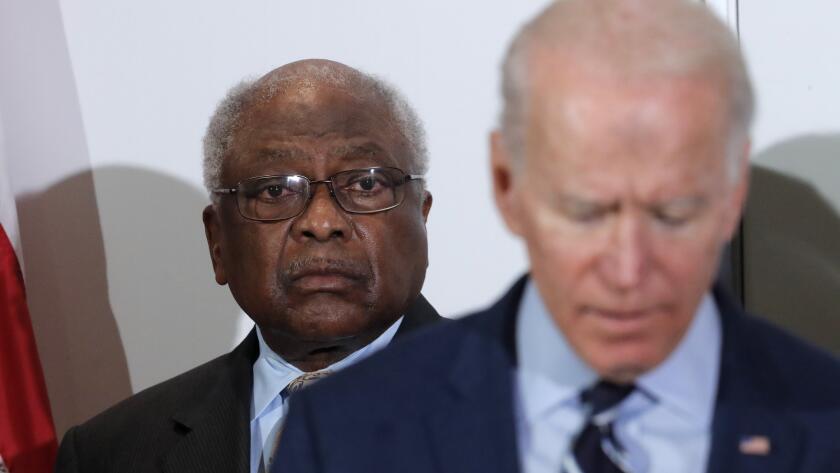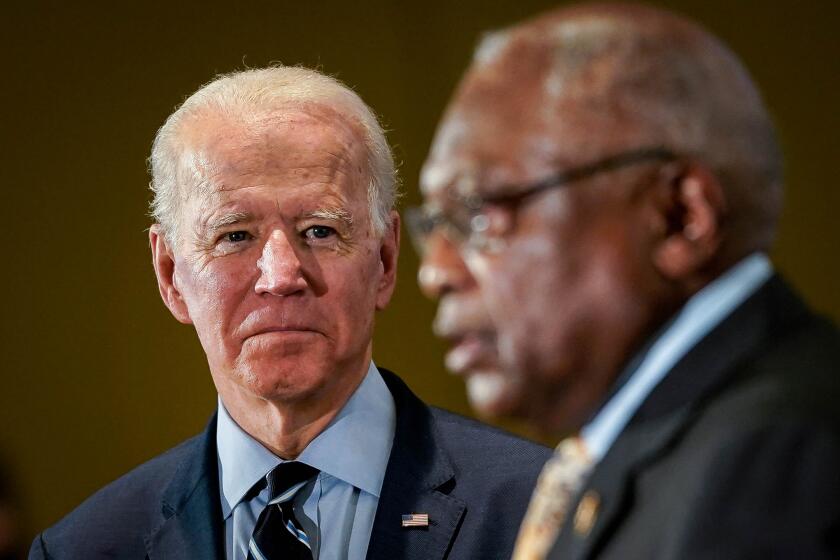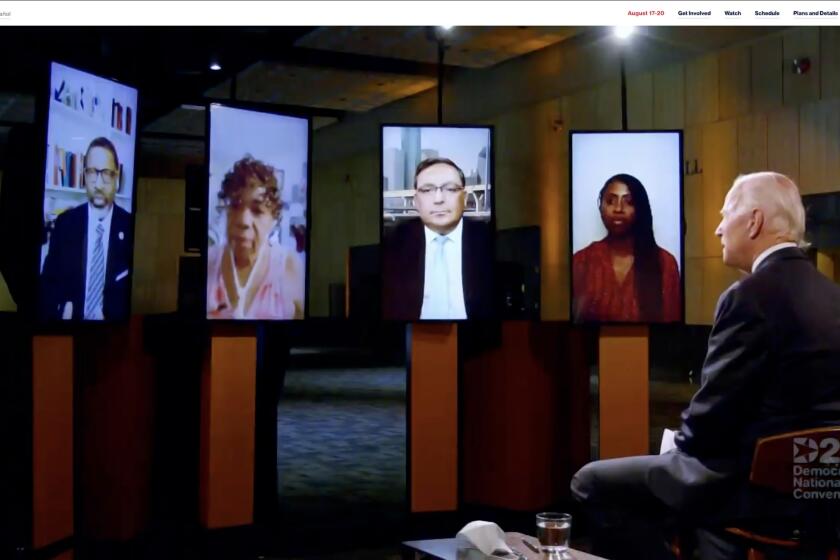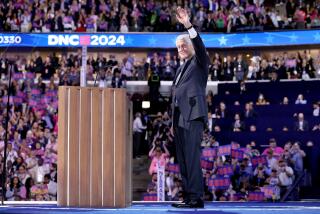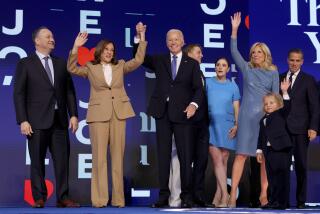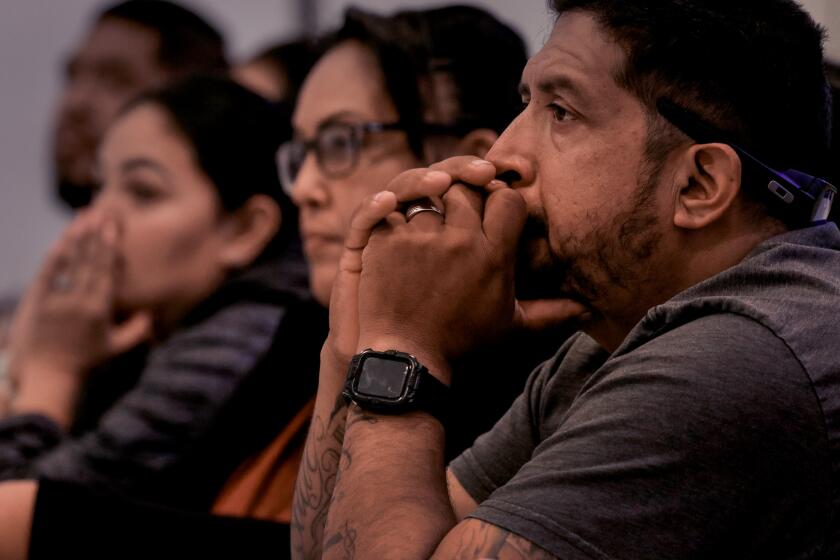Clyburn highlights Biden’s experience with loss in Democratic convention speech
Rep. James Clyburn’s endorsement of Joe Biden ahead of the South Carolina primary gave his campaign a much needed boost.
House Majority Whip James E. Clyburn (D-S.C.) sought to highlight Joe Biden’s humanity in his speech Monday on the opening night of the Democratic National Convention, saying that the country needs a president who sees “unifying people as a requirement of the job.”
He said the next president must know how to build community and — as the country deals with the coronavirus pandemic — also understand profound loss and what it takes to overcome it. Biden’s first wife and daughter died in a car accident in 1972. His son Beau Biden died of brain cancer in 2015.
“But more important than his firsthand experience with loss and hardship is his ability to translate that perspective into policy and solutions,” Clyburn, the highest-ranking Black member of Congress, said as he spoke live from Charleston, S.C.
Clyburn is largely credited with rescuing Biden’s presidential campaign after the former vice president lost primary contests in Iowa, New Hampshire and Nevada. Biden insisted that South Carolina — where about 60% of Democratic primary voters are Black — was his “firewall.” The longtime South Carolina lawmaker endorsed Biden three days before the state’s Feb. 29 primary, leading him to a decisive victory in the Palmetto State.
Joe Biden picks up a major endorsement and Elizabeth Warren rallies with John Legend as candidates chase the support of black voters in South Carolina.
“My buddy Jim Clyburn, you brought me back,” Biden said after winning the South Carolina primary.
Clyburn referenced his endorsement of Biden in his convention speech, noting that he made the announcement near where he currently stood, with his feet firmly rooted in the community. He discussed how racism has affected the city’s Black residents historically and more recently — many of the city’s Black residents are descendants of slaves and, in 2015, a white supremacist killed nine Black parishioners at Emanuel AME Church.
“The ground beneath our feet is seeded with pain that is both old and new,” he said. “But from that soil we always find a way to grow together.”
Since Biden secured the nomination, Clyburn has been one of his more vocal surrogates, and he defended Biden from criticisms that he expects to automatically win support from Black voters.
In May, Biden was criticized for saying Black people who can’t decide between him and President Trump “ain’t Black” during an interview on the Breakfast Club. He later apologized and said he’d been too “cavalier” in his remarks. “No one, no one, should have to vote for any party based on their race, their religion, their background,” he said.
Earlier this month he implied the Black community lacks diversity. “By the way, what you all know but most people don’t know, unlike the African American community with notable exceptions, the Latino community is an incredibly diverse community with incredibly different attitudes about different things,” Biden said during an interview with the National Assn. of Black Journalists and the National Assn. of Hispanic Journalists.
Biden attempted to clarify his remarks, and tweeted that he didn’t mean “to suggest the African American community is a monolith.”
At a Democratic Convention held entirely online, the party — and several GOP stars — accuses Trump of failing to effectively control the coronavirus.
Clyburn has said that while the former vice president is not a perfect person or perfect candidate, he would be a better president than Donald Trump. The South Carolina lawmaker pointed to Biden’s decision to pick Sen. Kamala Harris as his running mate as evidence that he’s invested in earning support from Black voters.
“Joe Biden has put to rest an old saying that we hear all the time: ‘The Democrats take the Black community for granted.’ Well, he demonstrated that he does not,” Clyburn said last week on MSNBC.
More to Read
Get the L.A. Times Politics newsletter
Deeply reported insights into legislation, politics and policy from Sacramento, Washington and beyond. In your inbox three times per week.
You may occasionally receive promotional content from the Los Angeles Times.
